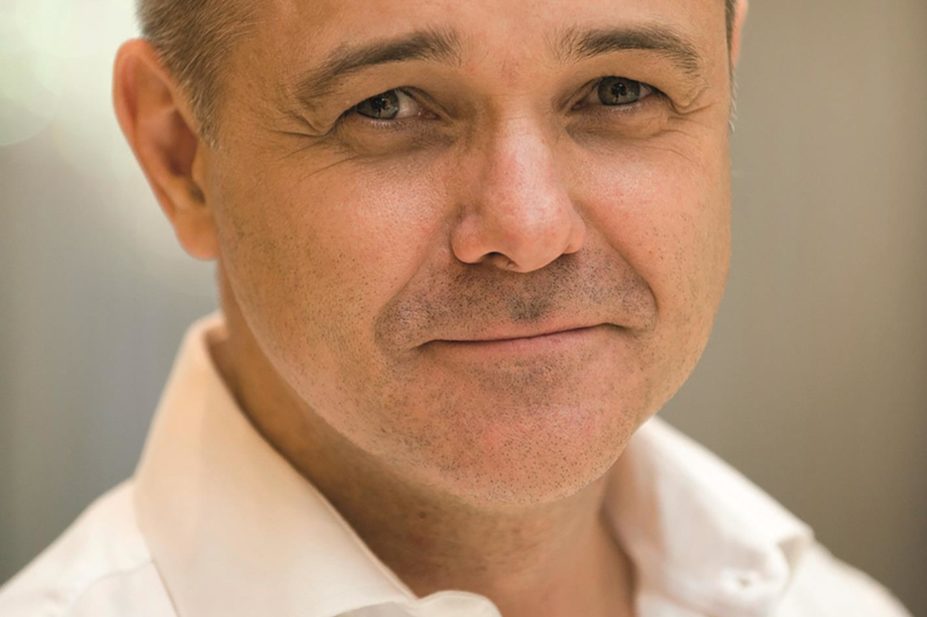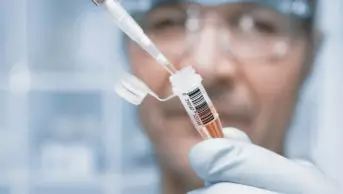
Wellcome Trust
Experimental drugs for Ebola are to be fast-tracked in clinical trials being established in West African states fighting the epidemic, which has so far cost almost 3,000 lives.
The sites for the trials and their design have yet to be decided but it has been agreed that the drugs will be tested on patients who have already contracted the disease.
The initiative, backed by the World Health Organization (WHO) and funded with a £3.2m grant from the Wellcome Trust, has been established by an international consortium led by Peter Horby, associate professor of infectious diseases and global health at the University of Oxford.
An independent panel has been appointed by WHO to choose which drugs under development should be used for the fast-track trials. Drug companies which are already developing treatments – Mapp Biopharmaceutical, Sarepta and Tekmira – are providing WHO with critical data to help inform the decision.
“It is a huge challenge to carry out clinical trials under such difficult conditions, but ultimately this is the only way we will ever find out whether any new Ebola treatments actually work,” said Jeremy Farrar, director of the Wellcome Trust.
The announcement comes after WHO agreed in August 2014 that Ebola experimental drugs could ethically be made available to treat or prevent the spread of the disease.
References


